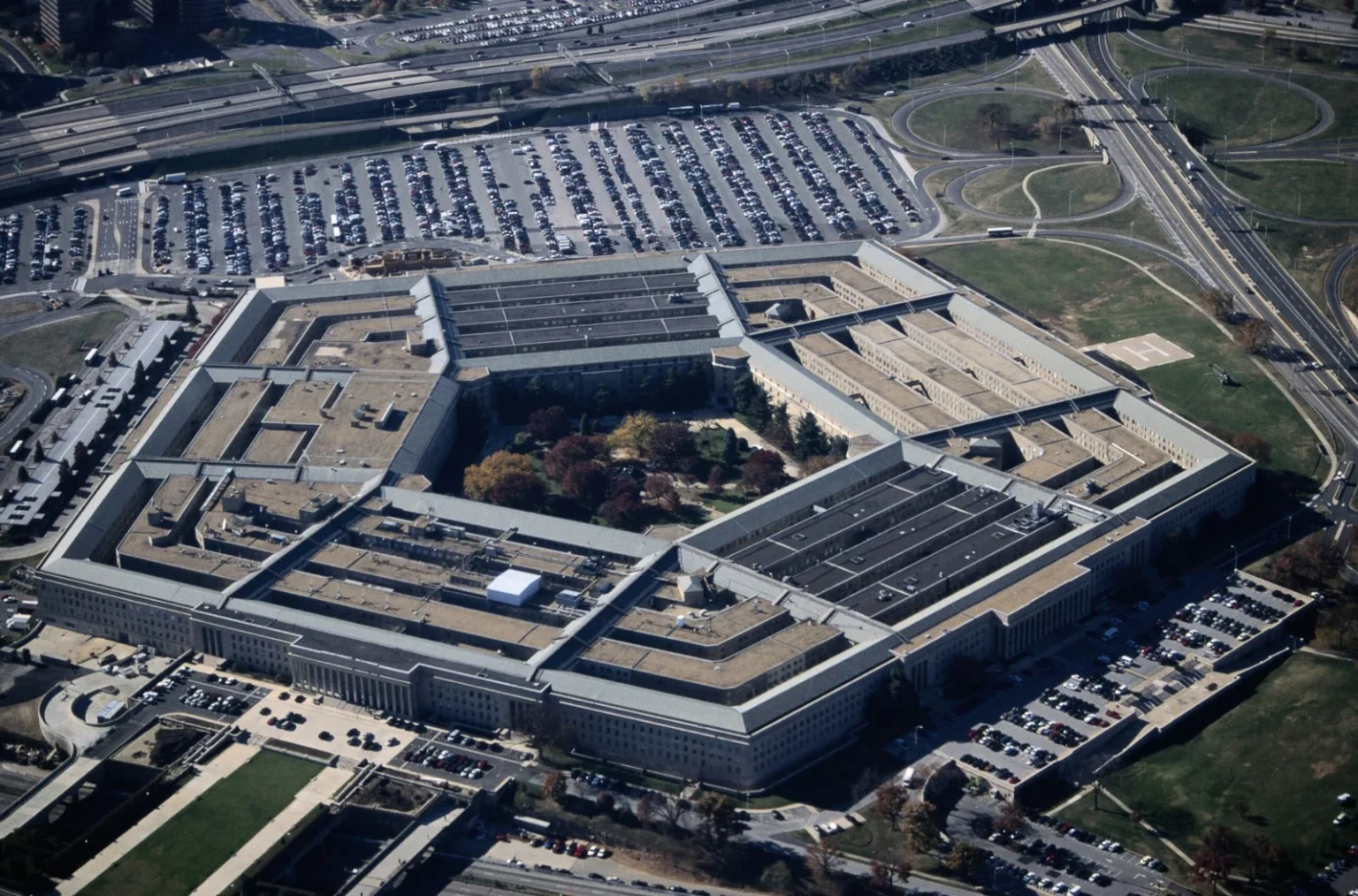The United States Department of Defense (DoD) has reportedly asked military officials involved in operations in Latin America to sign non-disclosure agreements (NDAs), according to three U.S. sources speaking to Reuters.
The requirement stands out because U.S. military personnel are already bound by existing classification and secrecy obligations. The sources said the NDAs are specific to a Latin America-themed mission that has drawn increasing scrutiny from lawmakers.
The mission in question involves a sizeable U.S. military buildup. Last week the DoD announced deployment of the USS Gerald R. Ford aircraft carrier strike group to Latin America, adding roughly 10,000 troops to an operation that already included destroyers, F-35 jets, a nuclear submarine and around 6,500 troops. Analysts say the force level far exceeds typical counter-narcotics operations, which is the official mission framing.
Since early September, the U.S. military has reportedly carried out at least 13 lethal strikes against suspected drug vessels in the Caribbean region, with casualties including individuals from Venezuela, Colombia and Ecuador. The Pentagon has provided very limited detail on the targets or the legal basis for the strikes.
The use of mission-specific NDAs has triggered concern in Congress. Some lawmakers say they have not been fully briefed on the mission’s scope, its legal authority or its rules of engagement. The move to impose NDAs is seen as part of a broader trend under Defense Secretary Pete Hegseth of tightening flow of sensitive information, restricting staff interactions with lawmakers and press, and increasing internal controls.
The Pentagon, when approached for comment, did not immediately respond. It remains unclear how many personnel have been asked to sign the NDAs, the full content of the agreements, or whether they include provisions beyond standard secrecy obligations. The anonymity of the sources means some details remain unverified.
Observers say the optics of imposing NDAs in this context are troubling because they may signal that the U.S. is conducting military operations in Latin America in a less transparent manner than typical U.S. defence engagements. The combination of high-profile force deployments, lethal strikes and secrecy protocols raises questions about mission intent, oversight, regional legalities and diplomatic fallout, especially in Washington’s increasingly fraught relations with governments in Venezuela and Colombia.





